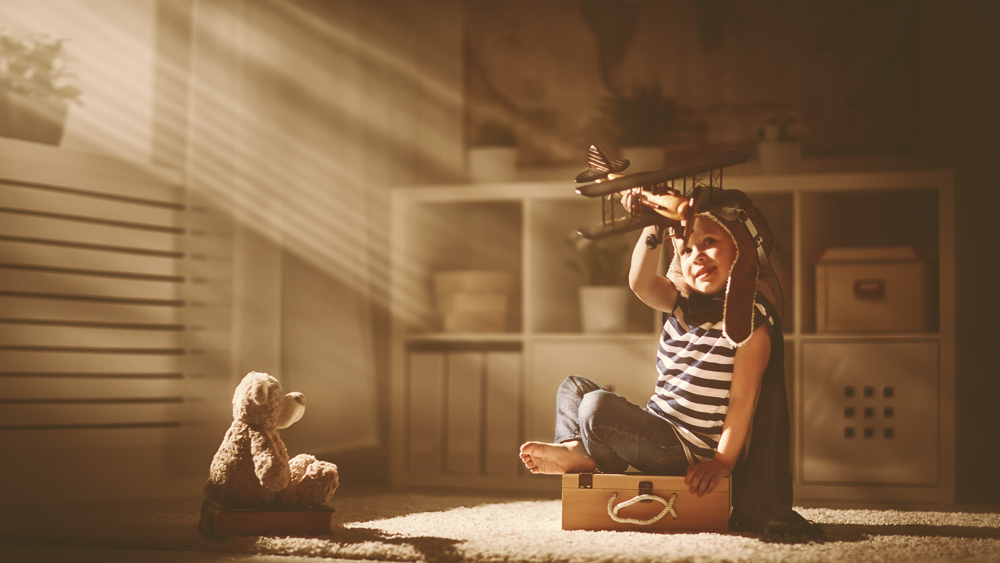Key points:
- Allowing children to experience boredom can be beneficial for their development as it encourages self-reliance and motivation.
- Parents should see boredom as an opportunity for their children to create their own pastimes, which may require space, time, and simple materials.
- Unstructured playtime resulting from boredom helps children develop qualities like curiosity, perseverance, creativity, and problem-solving skills, which are valuable for academic growth.
- Boredom allows children to explore both their inner and outer worlds, fostering creativity and a willingness to try again when things don’t work out initially.
When pre-school kids and toddlers complain that they’re bored, parents often try to relieve their boredom right away. They feel responsible when they hear that word and some try to provide technological entertainment to solve the “problem”. But perhaps they are rushing in to help too quickly. What would happen if parents were to leave their children be bored every now and then? Would it affect their development?
Coping with boredom can be a real challenge for young children and their parents. It may be tempting to fill every second of the day with activities. And even though classes such as art, sports, or music can certainly benefit a child’s development, children also need time for themselves. A time to rest their minds, to daydream and discover what truly interests them.
“If parents spend all their time filling up their child’s spare time, then the child’s never going to learn to do this by himself […] children need to learn how to be bored in order to motivate themselves to get things done. Being bored is a way to make children self-reliant”, says Lyn Fry, a child psychologist in London with a focus on education.
Parents should not feel guilty if their children complain of boredom, they should actually see it as an opportunity. Parents have a role to play here, but rushing in with readily available solutions is not helpful. Instead, children need adults to understand that creating their own pastimes requires space, time, and the possibility of making a mess. Children will need some materials too, but these don’t have to be hi-tech or anything sophisticated. As a matter of fact, simple items work best, as they tend to be more flexible and versatile.
We’ve all heard of the toddler that ignores the expensive gift mom and dad got him and instead starts playing with the box it came in.
Allowing children to engage in unstructured playtime can offer several advantages for their future academic growth. Qualities such as curiosity, perseverance, playfulness, and confidence allow them to explore, create, and develop creativity and problem-solving skills. These also help them learn not to be discouraged if something doesn’t work the first time, and to try again. Remember, the unstructured play that comes out of boredom gives children the opportunity to explore their inner and outer worlds, which is the beginning of creativity!








